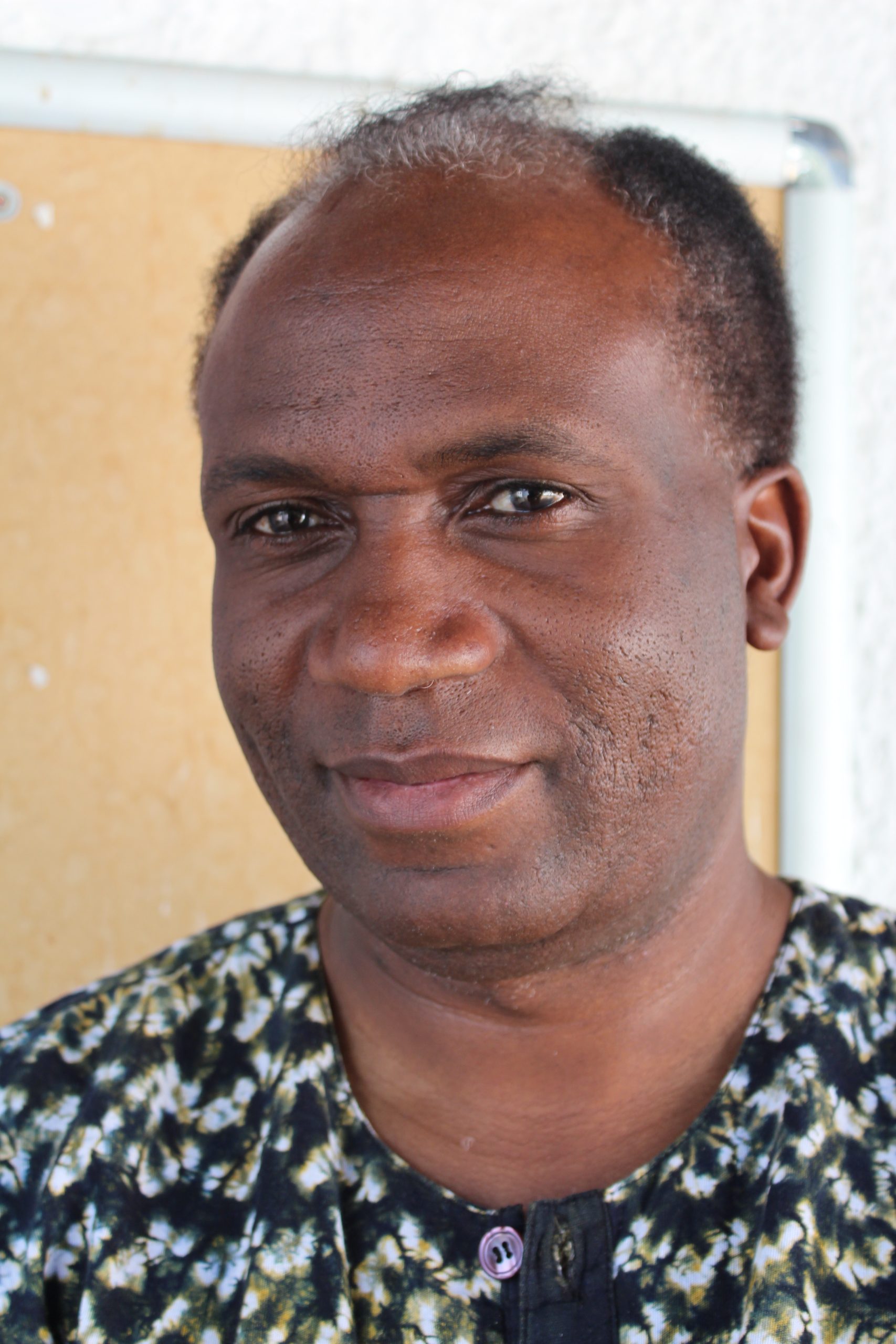The recent appointment of Sanet Steenkamp as minister of education, innovation, youth, sport, arts and culture with Dino Ballotti as her deputy marks a significant moment for sport in Namibia – one which offers a renewed sense of hope for the future of the long-suffering industry.
While the portfolio encompasses a broad and vital spectrum of national development, it is crucial that the ministry recognises the critical juncture at which Namibian sport currently stands.
In the absence of comprehensive research on the status of sport in the country, certain actions must be undertaken to align our sport sector with global standards.
For too long the sector has languished in obscurity, its immense potential stifled by an outdated legislative framework that no longer serves its intended purpose.
The time for incremental adjustments is over; we need bold, decisive action to rejuvenate sport and propel it towards a professional and sustainable future, as articulated in the National Development Plan 6, Namibia Training Authority Strategic Development Plan 2, African Union Sports Council Region 5 Strategic Document, Sadc Protocol on Culture and Sport and the African Union Plan 2063.
With this transformation, it is essential to urgently establish a robust legislative framework. This necessitates a clear and prioritised roadmap, beginning with the finalisation of a comprehensive national sport policy.
This policy will serve as the guiding document, outlining the strategic direction for the sector, identifying key priorities, and assigning clear responsibilities. Without this foundational document, any attempts to modernise the sporting landscape will be fragmented and ultimately ineffective. To achieve this, comprehensive research needs to be conducted within a very limited time to inform this guiding document.
Following the finalisation of the sport policy, the ministry must prioritise the revision and updating of the current Sport Act which has become obsolete. This outdated legislation no longer provides the necessary framework for sport to thrive in a modern context. A new, fit-for-purpose act is crucial to address the challenges hindering the growth and professionalisation of Namibian sport.
To rejuvenate the sport sector requires a multi-faceted approach. One critical area demanding immediate attention is the establishment of a dedicated research arm within the ministry or in close collaboration with relevant institutions such as the National Commission on Research Science and Technology.
Coincidentally, this body also falls within the newly created Ministry of Education, Innovation, Youth, Sport, Arts and Culture. It should thus not be difficult for this body to help with the relevant research required to modernise the sport architecture.
This entity would be responsible for the systematic collection and analysis of data and information pertaining to all aspects of Namibian sport.
Robust data is not merely academic; it is the bedrock upon which informed decisions can be made and compelling justifications for funding – both from central government and the private sector – can be built.
The most pleasant consequence from this research is that it will include the people on the ground, the people who are in sport either as athletes, parents, coaches, administrators, spectators or funders.
At the end of the exercise, the policy framework will be a fully-fledged Namibian product, born out of desire to see a sport sector that contributes significantly to employment creation and maintaining social order.
Furthermore, the sport policy must provide clear guidance on inter-ministerial collaboration. For instance, meaningful engagement with the Ministry of Justice and Labour is essential to establish fair and standardised regulations regarding compensation for individuals working within the sports sector.
Similarly, a clearly defined relationship with the Ministry of Health and Social Services is crucial to ensure the well-being of athletes, including the provision of specialised sport medicine personnel and training.
If we are to make inroads, sport development necessitates a strong and integrated link between education and sport. The integrated physical education for school sport policy must be fully embraced and implemented.
This policy holds the key to unlocking grassroots development by ensuring that all pupils have the opportunity to participate in a variety of sports from a young age. This integration will not only foster a culture of athleticism but also create much-needed employment opportunities for former athletes as dedicated physical education instructors and coaches in schools.
Grassroots development will, in turn, feed into the tertiary education sector, creating a demand for and providing a pathway into coaching and sport management programmes offered by tertiary institutions.
To meet this growing need, these institutions will require support in developing qualified instructors and lecturers capable of delivering comprehensive training in coaching, administration, marketing, communication, and management across all sporting codes in Namibia.
Additionally, investment in sport infrastructure is imperative to support the growth of the sector. Namibia lacks stadiums that meet international standards, forcing national team to play ‘home’ matches abroad, depriving local fans of the opportunity to support their teams domestically.
High performance centres are also crucial to provide athletes with elite training, medical care, and access to modern sport science.
Governance and accountability must also be strengthened within Namibia sport institutions. Weak administration, leadership conflicts, and financial mismanagement have long plagued the industry. By implementing transparent governance structures, financial accountability, and enforcing stringent regulatory oversight will be key to sustaining the sector’s growth.
The appointment of a new sport ministry leadership presents a golden opportunity to usher in a new era of growth and professionalism for Namibian sport.
This, coupled with strategic inter-ministerial collaborations, the establishment of a research arm, and a deep commitment to integrating sport into the education system, will unlock the immense potential for Namibian athletes, create equal employment opportunities, and ultimately elevate the nation’s standing on the global sporting stage.
The time for action is now, and we stand ready to support the ministry in this vital endeavour.
– Mathew Haikali is a sport consultant and managing member of Just Imagine Sports. rootzkrew@gmail.com
Stay informed with The Namibian – your source for credible journalism. Get in-depth reporting and opinions for
only N$85 a month. Invest in journalism, invest in democracy –
Subscribe Now!










